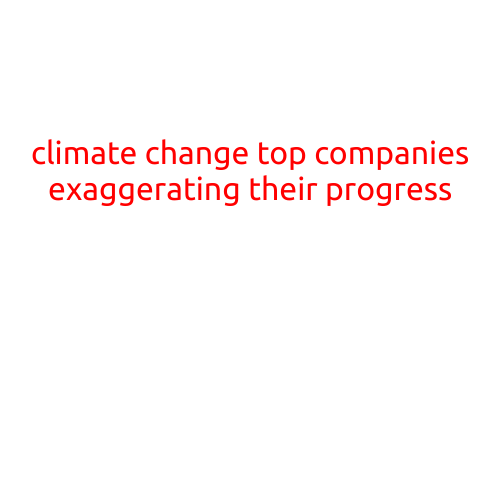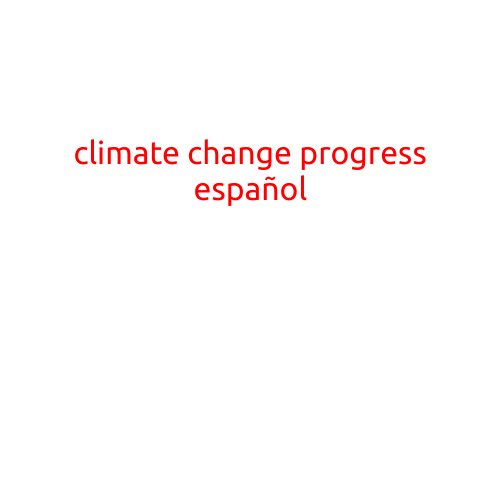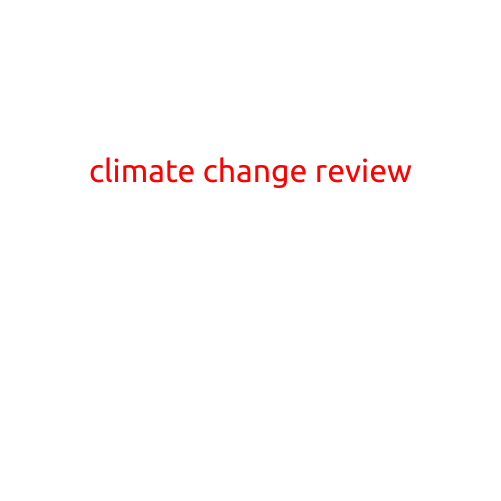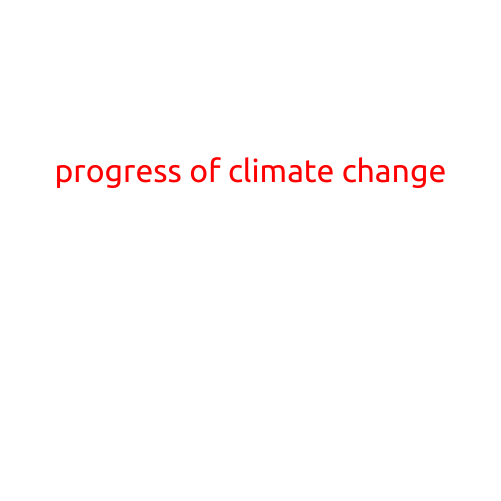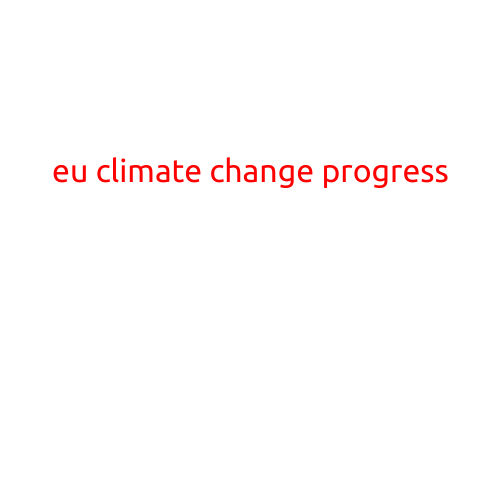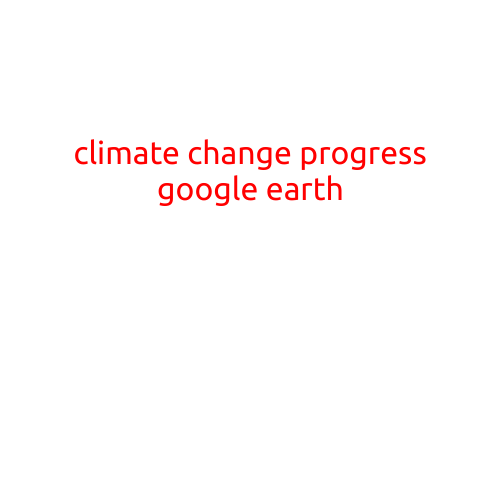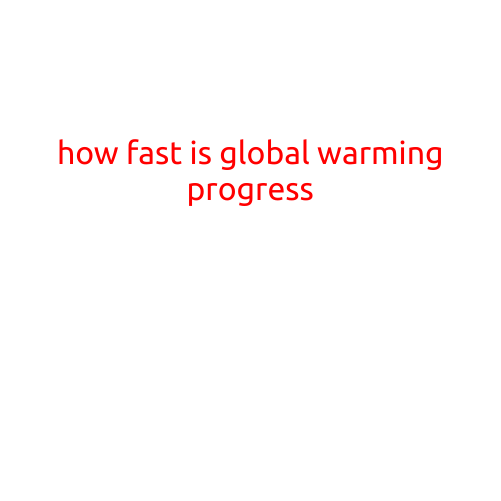
How Fast is Global Warming Progress? A Look at the Current State of Climate Change
Global warming, also known as climate change, has been a topic of increasing concern over the past few decades. The scientific consensus is clear: human activities, primarily the burning of fossil fuels and deforestation, are releasing large amounts of greenhouse gases, such as carbon dioxide and methane, into the atmosphere. This is causing the Earth’s average temperature to rise, leading to a range of severe consequences, including more frequent and intense heatwaves, droughts, and storms.
But just how fast is global warming progressing? Is it happening quickly enough to warrant immediate action, or is it a slow and gradual process that can be addressed later? In this article, we’ll explore the current state of global warming, its impacts, and the projected future of climate change.
Current State of Global Warming
According to NASA, the average global temperature has risen about 1.8 degrees Fahrenheit (1 degree Celsius) since the late 1800s. This may seem like a small increase, but it’s actually a significant change, especially considering the rate at which it’s happening.
In the past four decades, the average global temperature has risen at a rate of about 0.2 degrees Fahrenheit (0.1 degree Celsius) per decade. This may not seem like a lot, but it’s actually the fastest rate of warming in the past 1,000 years.
Recent Records
Recent years have seen some alarming temperature records. In 2020, the Earth experienced the hottest year on record, with a global average temperature of 1.2 degrees Celsius above pre-industrial levels. This breaks the previous record set in 2016, which was also the hottest year on record at the time.
The past decade (2010-2019) was also the warmest on record, with an average global temperature increase of about 0.5 degrees Fahrenheit (0.3 degrees Celsius) compared to the 1980s.
Consequences of Global Warming
Global warming is having significant impacts on the environment, ecosystems, and human societies. Some of the most notable consequences include:
- Sea-level rise: As the polar ice caps and glaciers melt, sea levels are rising, causing coastal erosion, flooding, and saltwater intrusion into freshwater sources.
- Extreme weather events: Global warming is leading to an increase in extreme weather events, such as heatwaves, droughts, and heavy rainfall, which can cause loss of life, property damage, and displacement.
- Changes in precipitation patterns: Some areas are experiencing more frequent and intense droughts, while others are seeing more frequent and severe floods, which can impact agriculture, water supplies, and ecosystems.
- Loss of biodiversity: Global warming is altering ecosystems, causing some species to migrate or become extinct, and reducing biodiversity.
Future of Global Warming
The good news is that, even with the current rate of warming, there are still steps that can be taken to mitigate the worst impacts of global warming. The Intergovernmental Panel on Climate Change (IPCC) projects that, with immediate and concerted action, it may be possible to limit global warming to 1.5 degrees Celsius above pre-industrial levels by the end of the century.
However, the current rate of progress suggests that this target may be difficult to achieve. The world has already warmed by about 1 degree Celsius since the late 1800s, and the majority of the world’s remaining carbon budget will be used up in the next decade or two.
Conclusion
Global warming is happening faster than ever before, with unprecedented consequences for the environment and human societies. While there is still time to take action, the window for mitigation is rapidly closing. It’s essential that governments, businesses, and individuals work together to reduce greenhouse gas emissions, transition to renewable energy sources, and adapt to the changing climate.
The future of global warming is a complex and uncertain one, but one thing is clear: immediate action is necessary to avoid the worst impacts of climate change. By understanding the current state of global warming and its consequences, we can work together to create a more sustainable and resilient future for all.
